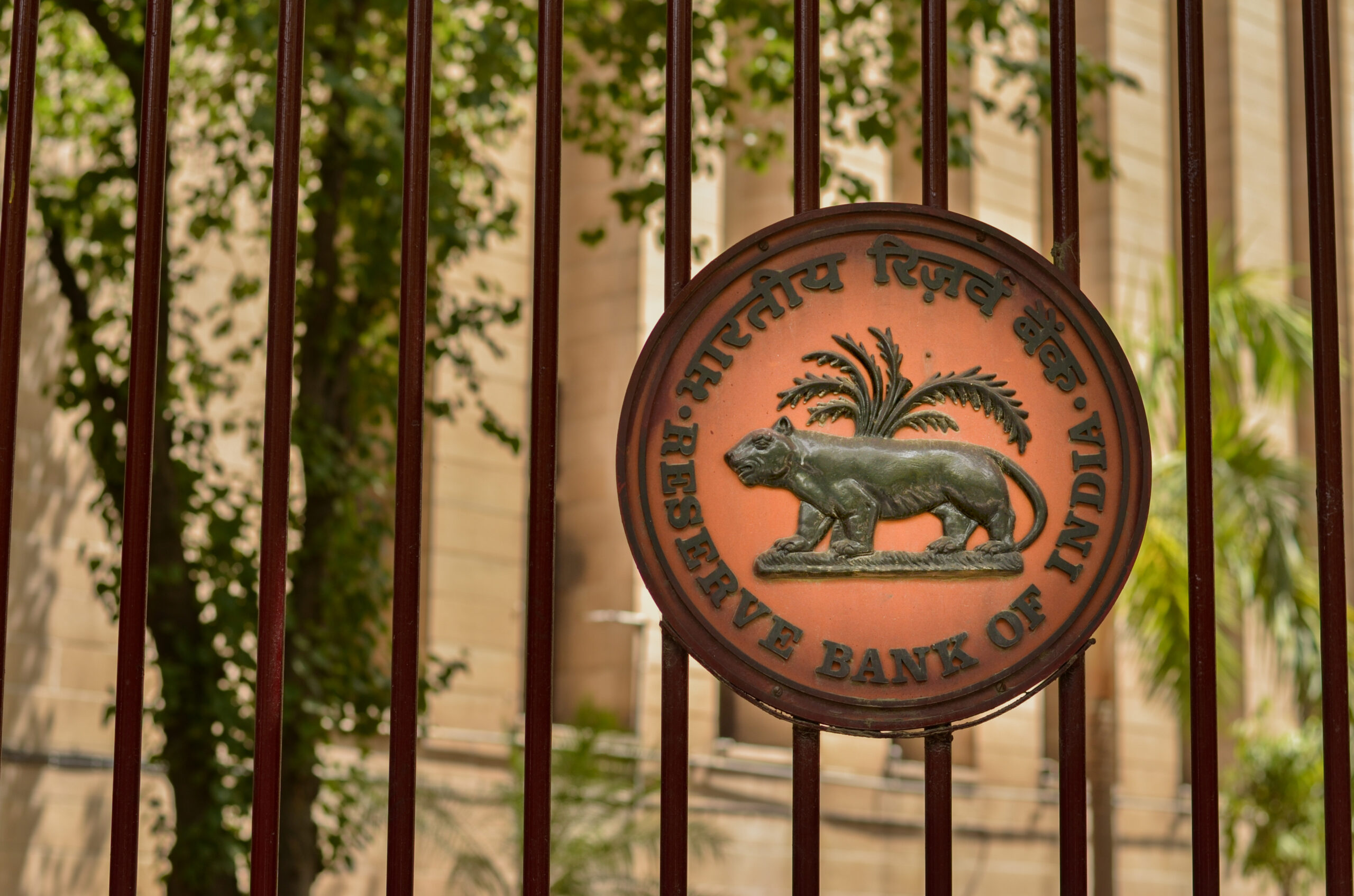 Back
Back
What impact would RBI’s monetary policy have on FinTech?
By Puja Sharma
 Following the RBI’s announcement about an increase in the repo rate by 35 basis points (bps) to 6.25%, industry leaders have shared the implications from FinTech, manufacturing, lending, and banking perspectives.
Following the RBI’s announcement about an increase in the repo rate by 35 basis points (bps) to 6.25%, industry leaders have shared the implications from FinTech, manufacturing, lending, and banking perspectives.
“In the last 2 years, India has experienced a lot of economic activity, supported by liquidity available in the banking system. However, this also has kept the inflation high. The current monetary policy action has been taken to reduce the risk of high inflation in the country.” said Shrihari Gokhale, Chief Operating Officer, Lentra, a FinTech providing secure technology platform for banking services.
In today’s announcement, RBI announced the hike in repo rate by 35 bps to 6.25% which was an expected move towards making India’s growth more resilient.
“We could be at the peak of rate hikes. With this policy, the governor has kept the door open for a possible small hike of 25 bps in the next policy, which will have a significant dependence on global events and there could be a clear stop thereafter.” he added.
“The move of RBI to increase the repo rate by 35bps to 6.25% is imminent and in line with the market expectation. The reduced increase in repo rate in comparison to the recent trends underlines Central Bank’s commitment to remain bullish on stabilizing the economy, controlling inflation, and supporting growth. The revised repo rate will push businesses to realign their strategy and prioritize working capital management by optimizing their operational and financial expenditures.” said Narayan Ramamoorthy, Chief Revenue Officer, of Global PayEx, a B2B FinTech company.
It will be an opportunity for businesses to earn improved returns on their investments for treasury deposits. Moreover, the RBI’s focus on enhancing the scope of BBPS to a wider audience including all categories of payments and collections for businesses and individuals will create an efficient, seamless, and transparent payments experience.
“This will create a resilient payments ecosystem where businesses will be able to unlock the potential of their accounts receivables and address their working capital challenges through quicker payment reconciliation,” Ramamoorthy added.
“The cost of borrowing capital has been increasing steadily this year, but the need for front-loaded action is well known. I think RBI has delivered on the expected lines. We are at a point when the global economy is witnessing a synchronous episode of monetary policy tightening to combat deteriorating growth outlook, inflation, and fears of recession. We can expect retail and MSME loans to see repricing over the next three months as the reset begins to kick in.” said Prashant Muddu, Managing Director and CEO, of Jocata, an innovative products and services firm that serves financial services industry clients.
“While MSMEs will have to brace for high rates, they can leverage the strength of their business and contribution to economic activity through GST filings and have a positive and easy consideration from banks to access capital. When layered with predictive analytics, GST filings can create significant scope for Banks to bring in solutions such as contextual lending or sachet loans that are affordable during periods of inflation. While inflationary pressures will continue to hit economic activity, banking on technology to ease temporary pains through innovative solutions can be a win for banks, especially for priority sector lending.” Muddu added.
In its Monetary Policy Committee announcement, the RBI declared the enhancement in the capacity of UPI and expansion of the scope of the Bharat Bill Payment System (BBPS)
Speaking on the announcement Akash Sinha, CEO & Co-founder, of Cashfree Payments, a FinTech enabling businesses in India to collect payments online and make payouts also attached his high-resolution picture for your reference said, “RBI’s announcement concerning UPI payments and Bharat Bill Payment System (BBPS) are encouraging in the payments ecosystem. The RBI’s announcement around increasing the capacity of UPI by introducing single-block and multiple debits functionalities will enable users to block funds in their account, which can be debited at the time of need.
This will make it more convenient to make payments towards investments in securities through the RBI’s Retail Direct platform and eCommerce transactions. RBI has been working towards boosting the efficiency and effectiveness of BBPS, to facilitate and accelerate the adoption of cashless payments, and the announcement to expand its scope will further aid in increasing the accessibility for a wider set of individuals and businesses. India, as an economy, has already witnessed a rapid rise in digital payments, logging 23.06 billion transactions amounting to Rs 38.3 lakh crore in the third quarter of this year. RBI’s recent efforts concerning digital payments will certainly contribute towards the cashless economy imperative.”
IBSi FinTech Journal

- Most trusted FinTech journal since 1991
- Digital monthly issue
- 60+ pages of research, analysis, interviews, opinions, and rankings
- Global coverage
Other Related News
Related Reports

Sales League Table Report 2025
Know More
Global Digital Banking Vendor & Landscape Report Q2 2025
Know More
NextGen WealthTech: The Trends To Shape The Future Q4 2023
Know More
Intelligent Document Processing in Financial Services Q2 2025
Know More


